Page 127 • (3,678 results in 0.039 seconds)
-
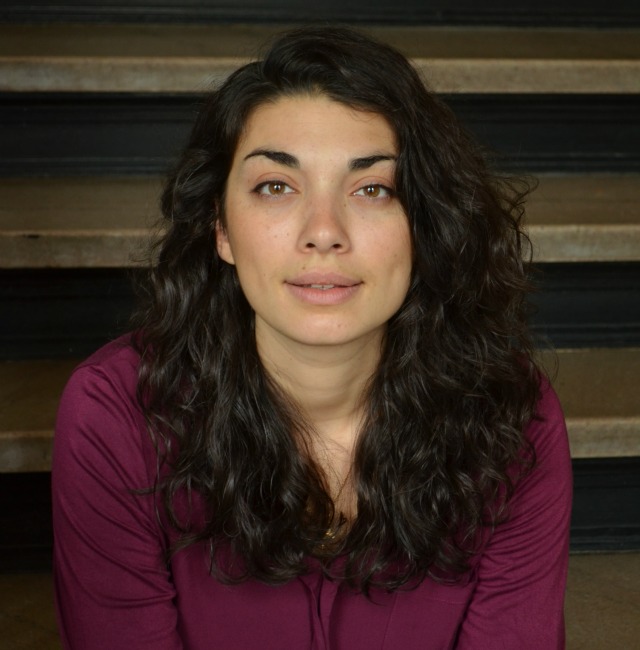
career and take it to the next level.” While in Manhattan, Rottle and a couple of friends from the master’s program— Meaghan Burke (cello/voice) and Tristan McKay (piano/harpsichord/toy piano)—founded the new-music ensemble Dead Language, a trio that “seeks out music that has something to say, and says it.” And if that sounds a little wide-ranging, so is Dead Language: The ensemble improvises and performs interdisciplinary works that include everything from literature and white noise to toys and wolf
-
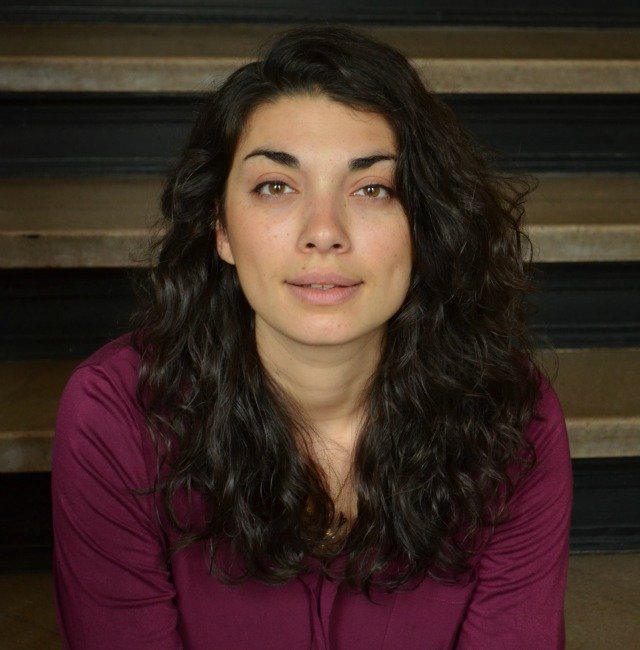
everything from literature and white noise to toys and wolf howls. (The music is hauntingly original and, trust us, made to be heard rather than read: Listen here.) Manhattan, in fact, turned out to be quite the meaningful stop for Rottle: She also met the man who would become her fiancé, a jazz musician originally from Australia who was pursing his doctorate at the School of Music. After moving to his home continent, Rottle continued networking and ended up filling in as the flutist for Kupka’s Piano, a
-
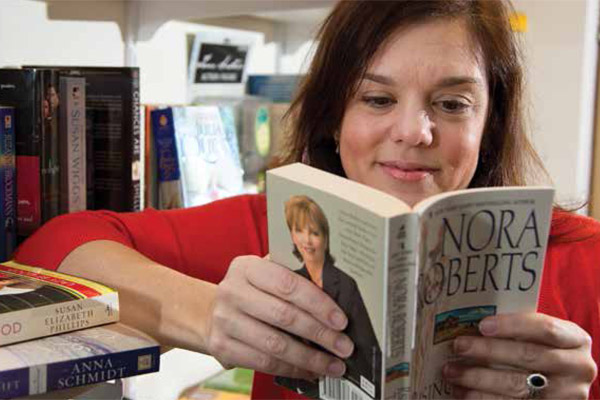
promising. She and Lois have been researching how these writers identify themselves, the stigmas they face, and the feminine culture they have created among themselves. Gregson finds most interesting the idea of the stigmas associated with these novels. After all, she admits even she had her own before she read them. She knows her stigmas are hardly unique. “We’ve interviewed New York Times bestselling romance authors who still get told, ‘That is so great you are successful at this; maybe someday you’ll
-

until the summer. Otey will be an English teaching assistant in Mexico, where she spent a semester abroad in Oaxaca through a PLU Gateway program. Otey’s time there sparked her interest in education and cultural exchange. Fulbright ProgramLearn more about the program and how to apply“I think I left Oaxaca with a lot more questions about social justice, diversity and culture that I thought would be cool to keep exploring,” Otey said. Otey — who also has rowed all four years at PLU, nabbing two
-
United States and, to add complexity to an already green and overwhelmed boy, I was transitioning in the aftermath of Sept. 11. That moment effectively served as my principle moment of ¨culture shock¨ during my study away experience at PLU. London led me to Valencia, Spain, following graduation, which led me to a job with the American Red Cross and a volunteer position with the World Affairs Council of Seattle. These experiences eventually guided me to India as a consultant on corporate social
-
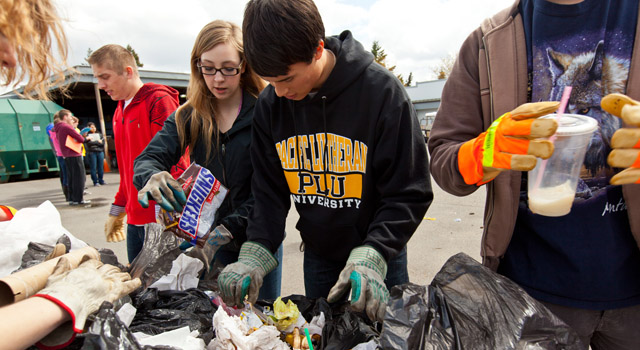
. “The Sustainability Department really wants these values to be understood from the moment students enter campus,” said Cooley, Patterson’s boss. “Sara’s project has been a long time coming and it could be the single most effective thing the sustainability department has done.” “Part of the culture on campus is to reduce our impact on the earth,” Patterson said. In particular, Patterson said she wants students to realize the importance of the little things. “A lot of people think you have to do big
-
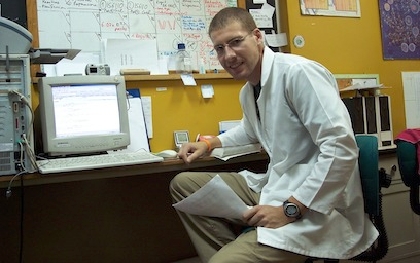
Chagas disease in the Pastaza province of Ecuador. After he spent the 2006 J-Term in Ecuador with Professor of Biology William Teska, Wauters knew he wanted to return to Latin America. The plan was to spend a year after graduation immersing himself in another culture and working on his Spanish before returning to the United States to attend medical school. When the Fulbright came through, his short-term goals didn’t change, but he noted, “I no longer had to sweat the details of funding my dream.” But
-

Anderson University Center, I invite you to join me for our first Listen Forum, focused on community questions and dialogue related to implicit racial and ethnic bias. This forum will begin to answer the questions: What is implicit bias? Why does it matter? What is the impact on belonging? How do we respond? We must understand that our identities–our points of privilege and oppression–can’t be considered in isolation. Gender and race, identity and politics, crime and justice, and family and culture
-
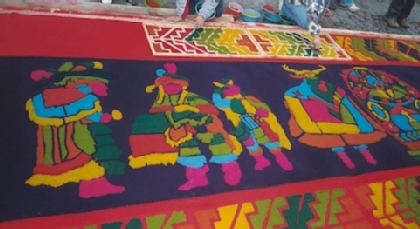
, spring break and Holy Week align once more. These students will experience a rich culture. Semana Santa, or Holy Week, is what Tonn called “the sum of all the events.” She turned to event listings and processional maps to show the magnitude of Holy Week. Sepper painted the picture of vivid color. Calling it a “unique experience because it engages all of the senses,” Sepper described the sights, sounds and smells of Holy Week in Antigua. He described the contrast of the Holy Week festivities to the
-
Major Minute: Paul Sutton on Education Posted by: vcraker / August 18, 2021 August 18, 2021 Dr. Paul Sutton, Ph.D., Professor of Education, shares why it’s a great time to study education and why PLU is a great place to do so! Read Previous Major Minute: Tom Smith on Theatre & Dance Read Next Major Minute: Sergia Hay on Philosophy LATEST POSTS Summer Reading Recommendations July 11, 2024 Stuart Gavidia ’24 majored in computer science while interning at Amazon, Cannon, and Pierce County June 13
Do you have any feedback for us? If so, feel free to use our Feedback Form.


